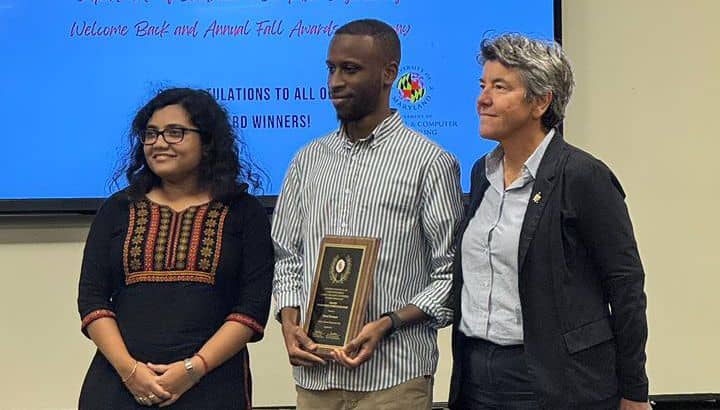Mohammed Shosanya
The federal government is targeting the employment of 5 million young Nigerian in five years through the ongoing restructuring of the N-Power programme.
Dr Akindele Egbuwalo, N-Power National Programme Manager,who disclosed this in statement,added that the ongoing transformation of the programmes has led to the expansion of the target beneficiaries from 18-35 years to 18-40 years.
He implored Nigerians to understand the rationale behind the temporal suspension of the N-Power programme and the subsequent restructuring it is undergoing, saying the federal government was working to restore confidence in the programme.
He explained that suspension of the Programme became necessary following the discovery of sharp practices,requiring detailed investigation into its operations in the last twelve months.
He added: “This restructuring and transformation will also birth an expanded programme to reach beneficiaries aged 18-40 (the previous age limit was 35).
‘We are targeting 5 million beneficiaries in 5 years at a pace of 1 million per year under the graduate and non-graduate stream”.
“The restructuring when completed, he said N-Power will accommodate some new programmes, in Education, Health, Works, Agriculture, Technology, fashion, entertainment and other relevant areas of skill acquisition and employability.
“To earn the confidence of Nigerians in the expanded programme, transparency and accountability will be the benchmark. It shall no longer be business as usual as we make concerted efforts to put the nation on the right footing, ensuring that no one directly or indirectly unleashes suffering on Nigerians.
“There is a need to audit the number of people in the programme, those who have exited the programme, those who are being owed, whether they reported to work or not and how funds have been utilized over this period.
“Recently, we discovered instances of programme beneficiaries whose participation has lapsed since 2022 but have remained on and continue to expect payments from the government. In addition, some beneficiaries must honour their obligation to the programme. They do not report to their places of primary assignments as required but still receive monthly payments.
“These instances have made the need for a thorough audit imperative, as we also look into claims of those being owed for up to eight to nine months stipends to ascertain the veracity of their claims”.




















